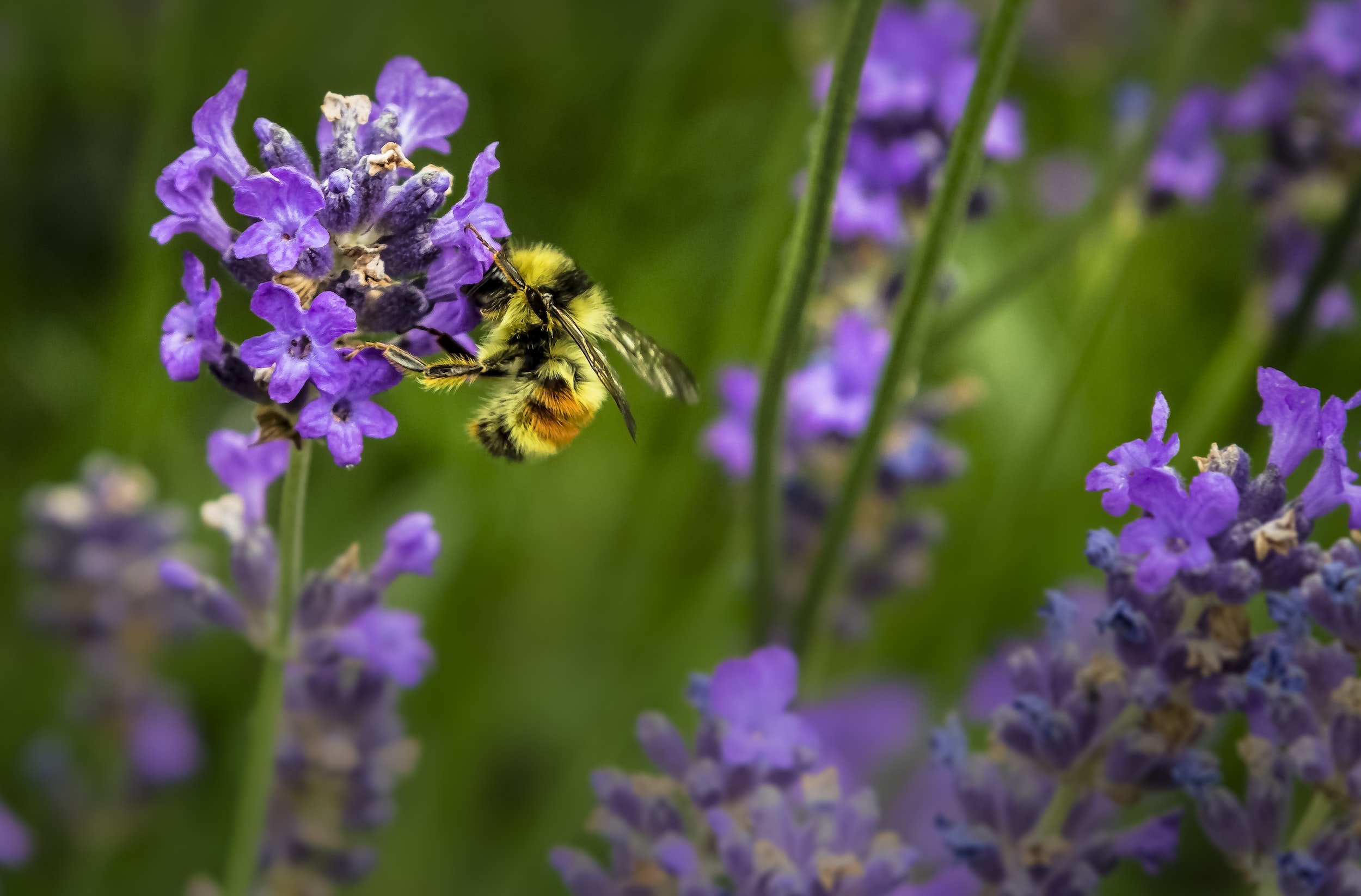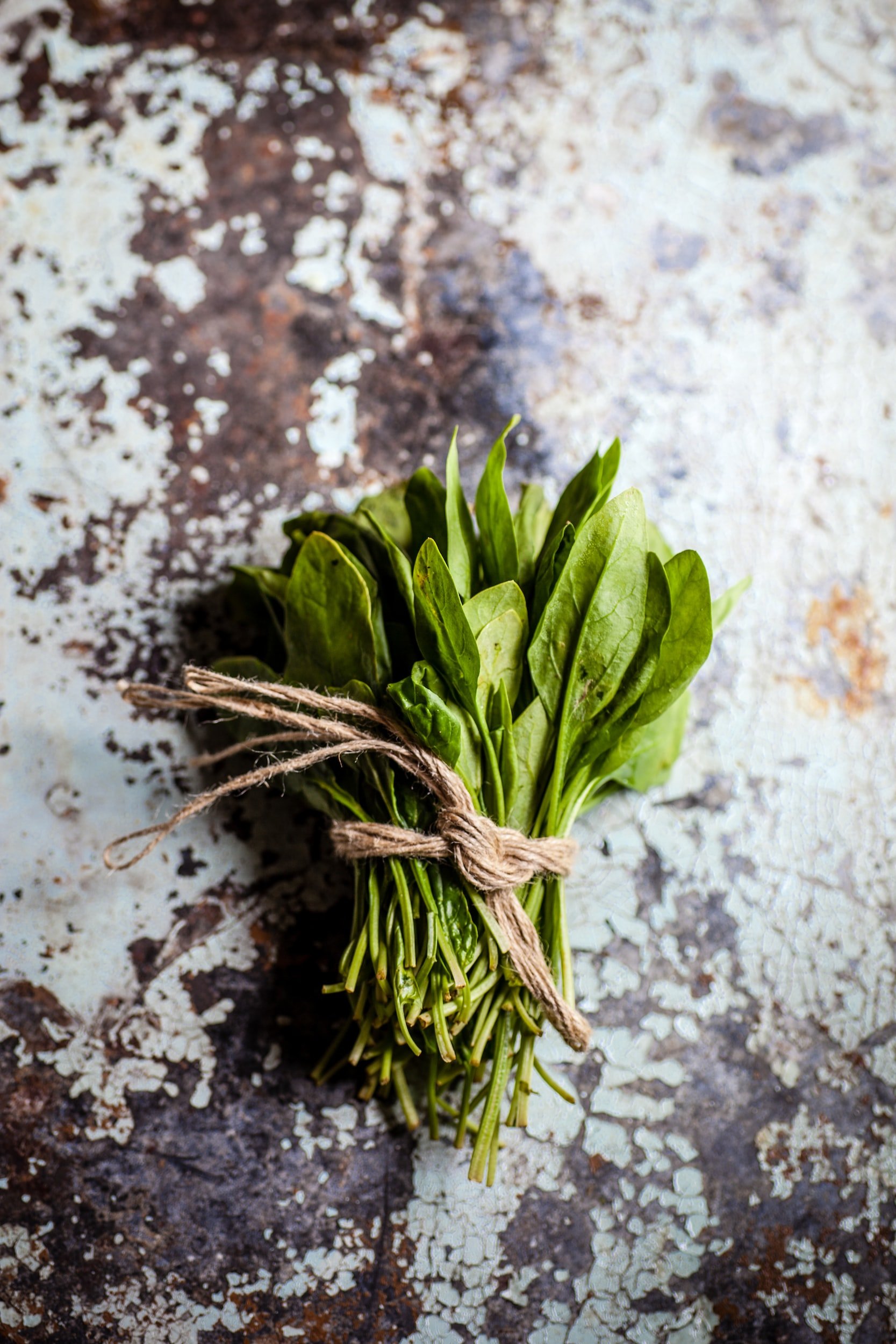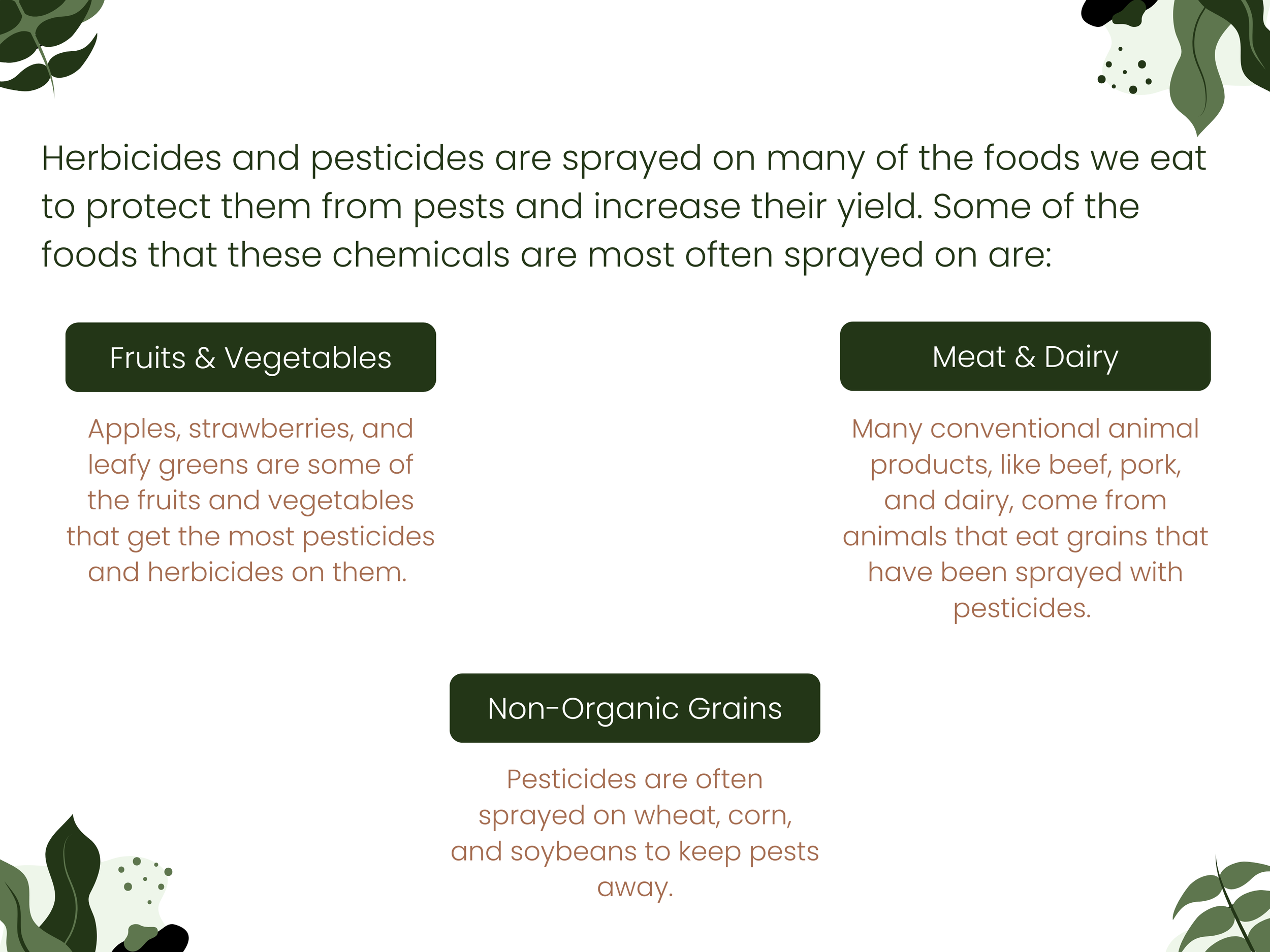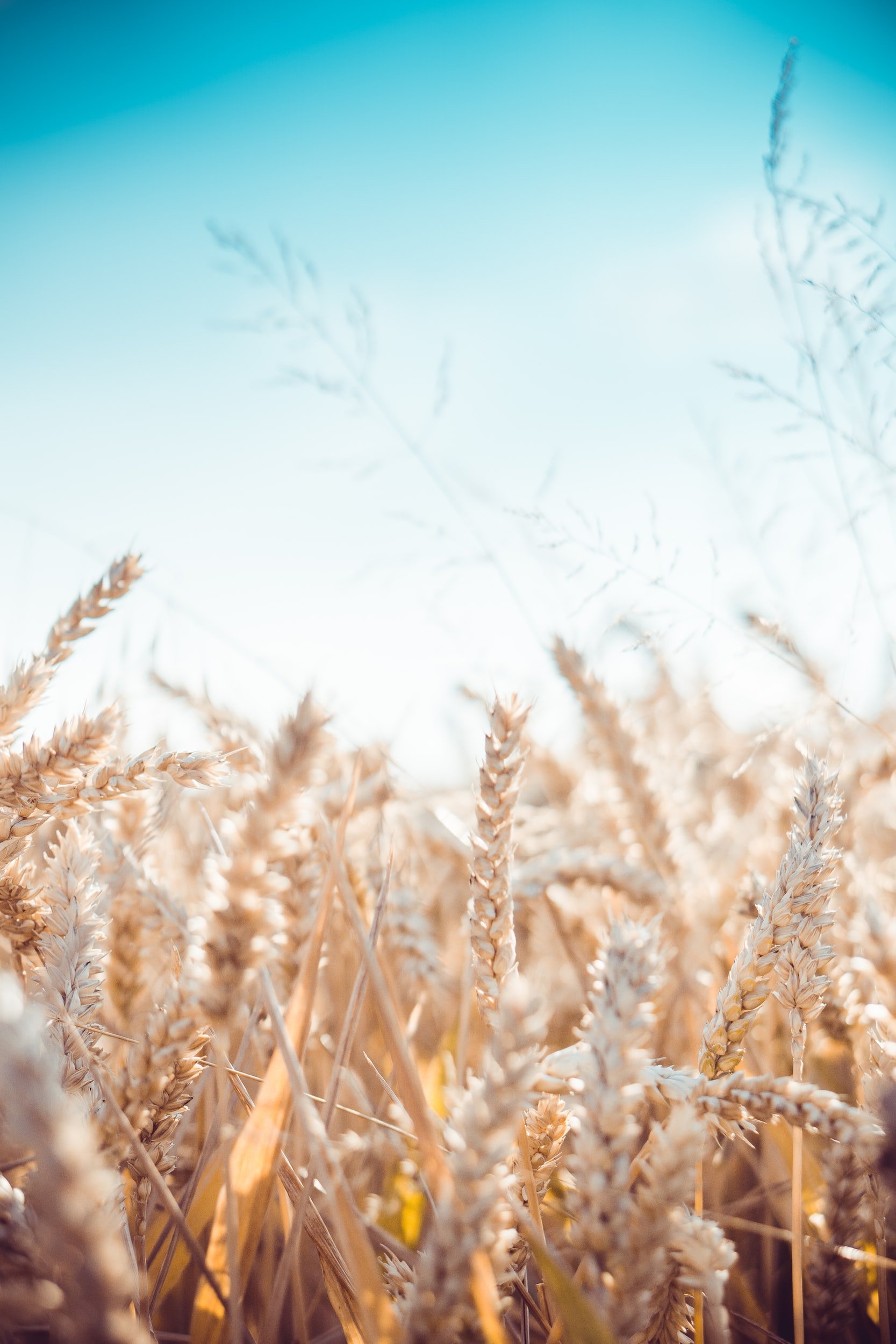The Dangers of Toxic Chemicals, Herbicides, and Pesticides
Have you ever thought about what goes into the foods you eat or the products you use? Many of these products contain harmful chemicals, herbicides, and pesticides that can hurt our health and the environment. In this article, we'll look at these things more closely and talk about how dangerous they are.
What are Toxic Chemicals, Herbicides, and Pesticides?
Chemicals that are poisonous or harmful to living things are called toxic chemicals. There are a lot of products, like cleaning supplies, personal care products, and industrial products, that contain these chemicals.
Chemicals called "herbicides" are used to kill weeds. Spraying these chemicals on crops and lawns is a common way to keep them free of weeds.
Pesticides are chemicals that are used to kill bugs and rodents. These chemicals are often used in farming to keep pests away from crops, but you can also find them in pest control products for your home.
Negative Impacts on Health
When people are exposed to toxic chemicals, herbicides, and pesticides, it can be very bad for their health. These chemicals can be absorbed through the skin, inhaled, or eaten. They can cause cancer, birth defects, and neurological disorders, among other health problems.
Children and women who are pregnant are more likely to get sick from these chemicals because their bodies are still growing. Exposure to toxic chemicals, herbicides, and pesticides over a long period can also cause long-term health problems like asthma and allergies.
Negative Impacts on the Environment
Herbicides and pesticides that kill plants and animals can also hurt the environment. These chemicals can get into the water and soil, which can hurt wildlife and cause pollution. Pesticides, in particular, can kill good bugs like bees and butterflies, which are important for pollinating plants and keeping ecosystems in balance.
How Soil is Affected by Toxic Chemicals, Herbicides, and Pesticides
When toxic chemicals, herbicides, and pesticides are used, they can damage healthy soil. These chemicals can kill microbes that are good for the soil. This can cause the soil to break down and become less fertile. This can make it harder for crops to grow and hurt the land's productivity in the long run.
How Workers are Affected by Spraying These Chemicals
When workers spray toxic chemicals, herbicides, and pesticides, they may be exposed to these substances. This can cause a wide range of health problems, such as breathing problems, skin irritation, and problems with the nervous system. When working with these chemicals, workers need to take the right precautions and wear the right gear to reduce the risk of exposure.
Foods That Are Most Sprayed with Herbicides and Pesticides
It's important to know about the possible dangers of toxic chemicals, herbicides, and pesticides and to take steps to limit your exposure to them. One way to do this is to choose organic products whenever you can. Organic products are made without using synthetic pesticides and fertilizers.
You can also reduce your exposure by washing and peeling your fruits and vegetables and by choosing meat and dairy products from animals that were fed organic food.
Supporting organizations and policies that try to reduce the use of toxic chemicals, herbicides, and pesticides is another way to limit your exposure to these chemicals. Some ways to do this are to support local farmers who use organic and sustainable farming methods and to push for stricter rules on the use of these chemicals.
A note on Roundup and Monsanto
Roundup is a popular herbicide that was made by Monsanto, which is a multinational company. The active ingredient in Roundup is glyphosate, which is a broad-spectrum herbicide that kills a wide range of weeds. Roundup is used a lot in farming, gardening, and landscaping.
But there has been a lot of talk about whether or not Roundup is safe. Some studies have shown that exposure to Roundup and glyphosate may raise the risk of some types of cancer, like non-Hodgkin lymphoma, in people who use them. In 2015, the International Agency for Research on Cancer of the World Health Organization said that exposure to glyphosate was "likely to cause cancer in humans."
The company that made Roundup, Monsanto, has been sued many times over the safety of the herbicide. In 2019, a California jury gave $289 million to a groundskeeper who said that Roundup made him get non-Hodgkin lymphoma. On appeal, however, this decision was later thrown out.
Even though Roundup is a controversial herbicide, it is still used a lot in the United States and around the world. France and Germany are two countries that have banned or limited the use of Roundup and other herbicides that contain glyphosate. However, the safety of Roundup and glyphosate continues to be a subject of debate and scientific research.
It's important to know about the possible risks of Roundup and other herbicides and to do what you can to limit your exposure to them. This can mean wearing protective gear when working with herbicides and choosing other ways to get rid of weeds, like pulling them out by hand or using natural herbicides.
In conclusion, toxic chemicals, herbicides, and pesticides are harmful to both human health and the environment. These chemicals can cause cancer, birth defects, and neurological disorders among other health problems.
They also damage healthy soil and hurt the land's productivity, as well as kill good bugs which are important for pollinating plants and keeping ecosystems in balance. Workers who spray these chemicals are also at risk of exposure and health problems.
To limit exposure to these chemicals, it is recommended to choose organic products, wash and peel fruits and vegetables, and choose meat and dairy products from animals that were fed organic food. Supporting organizations and policies that try to reduce the use of these chemicals is also an important step in protecting both human and environmental health.











